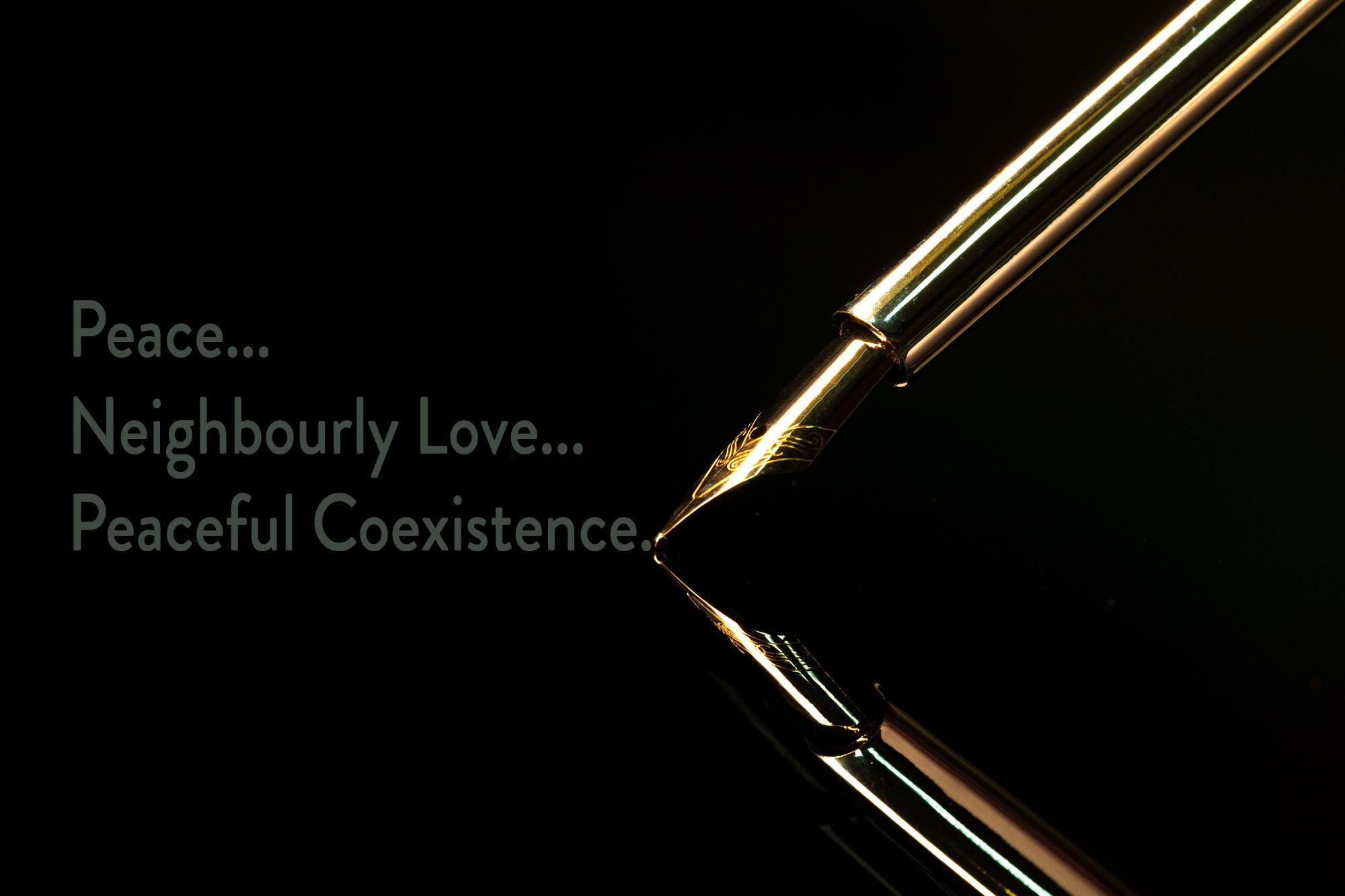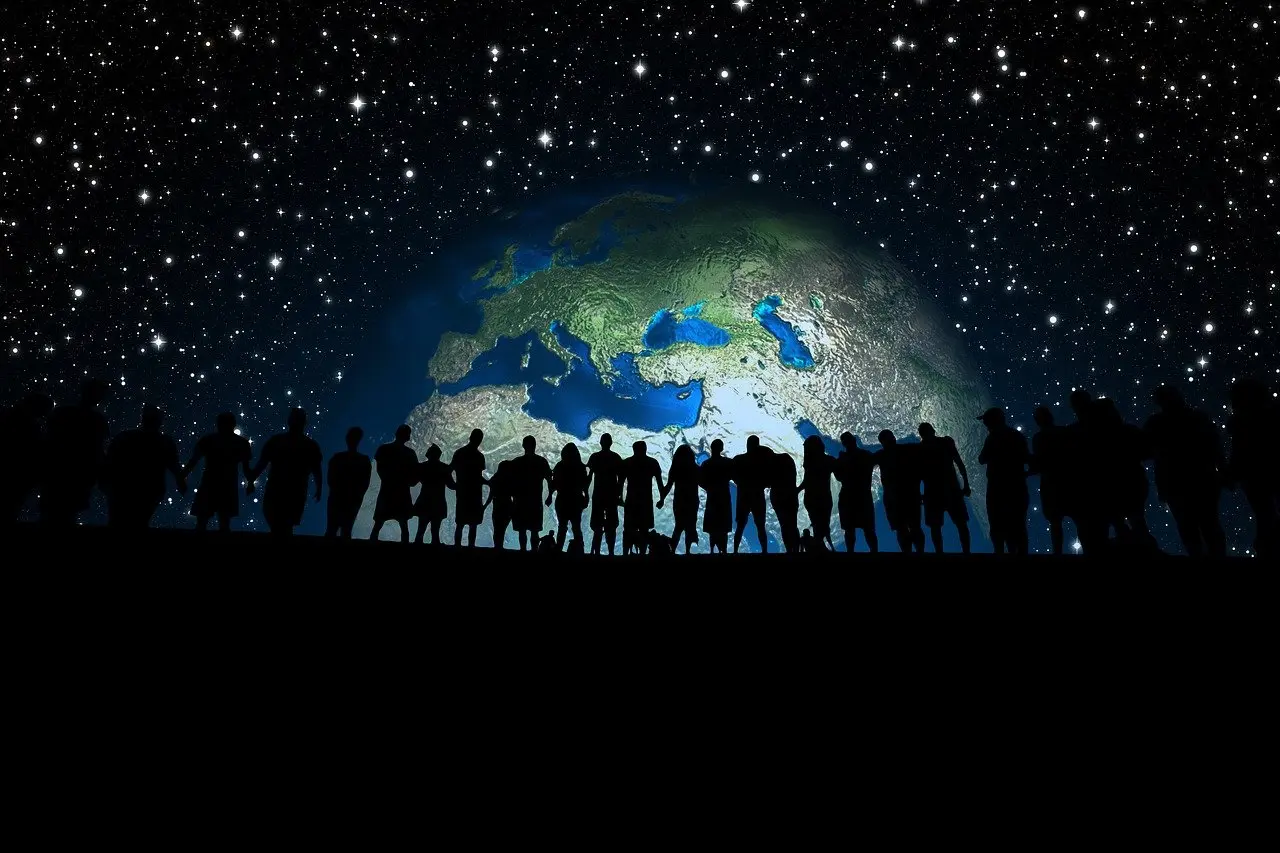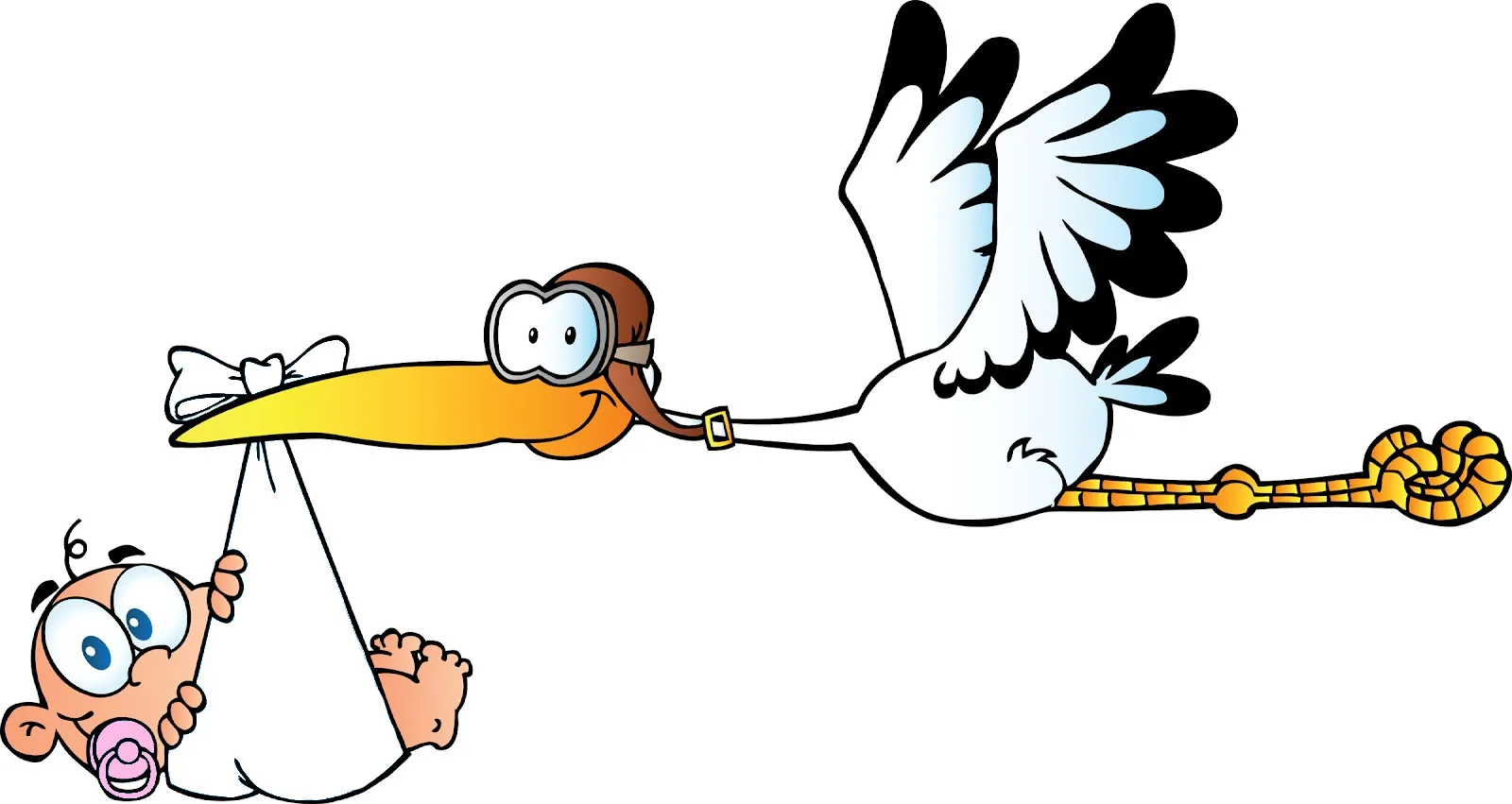
‘Iron Man’ is the name for a triathlon considered to be the hardest to stay the course or win, of all, annually taking place on Hawaii. Thus the name. Yet, as so often is the case, there is more to it than meets the eye: To be an ‘iron man’, a hard, muscular ‘hero-type’ of man seems still to be an ideal especially for men to attain.
What can easily be forgotten is the other side to human existence: The finer senses. The fact that human beings do not just consist of a number of muscles to be trained and displayed and used in a competition.
Humans have brains and hearts. The heart showing by beating faster, breath going stronger, what we feel and what often if not always starts in the brain: Emotions, passion, fear, joy, or excitement.
Those who say they are never afraid, are either dumb – or they lie. (NB)
Fear is one of those emotions that is never to be expected of the ‘iron man’, the hero, the ‘guy’. Always be cool and calm and collected, that’s the way to go – in patriarchy.
A comedian some years ago put it like this, too:
“Anything men ever did in the course of human history was done to attract females.”
I believe he may be right…
That mistaken idea even some women still retain today – heroism showing itself like this: that men never should be sensitive, afraid, or vulnerable, is a great pity and a loss to our world.
Because many a hero was born for fear of being considered ‘too weak’. And the mistaken run for that ultimate goal, the ultimate ‘iron man’-medal can result in figures such as Trump or Putin: More power, more ‘say-so’, even inducing more fear in others.
To ‘cut a figure’, as the old phrase so nicely puts it.
I think that two things deserve our attention much more:
-
- The men that actually take it on themselves to have a family and care for them. Teach their children that a man is more than just a ‘six pack’…
- In general, face our prejudices and presumptions with some courage – and start to realize that neither men nor women ‘need’ to match all those criteria so often part of the cheaper type of movie or advertisement:
Always ‘cool, calm and collected’, always ‘happy, healthy and wealthy’… is just too much to expect.
Let’s start to be more human again. Although these thoughts and ideas have been raised before, being different, being an ‘artistic type’, or just being sensitive, still too often is considered unusual.
And still to this day the ‘hounds’ are called and let loose on those who represent in effect about one quarter of any human community: People very aware of the finer senses.
In other words as well: Let’s teach tolerance* to our children and grandchildren, respect for all those trying to make the world more colourful, interesting or just a little more joyful.
* “tolerance noun (ACCEPTANCE)
willingness to accept behaviour and beliefs that are different from your own, although you might not agree with or approve of them”
(Cambridge Dictionary, Online version)









